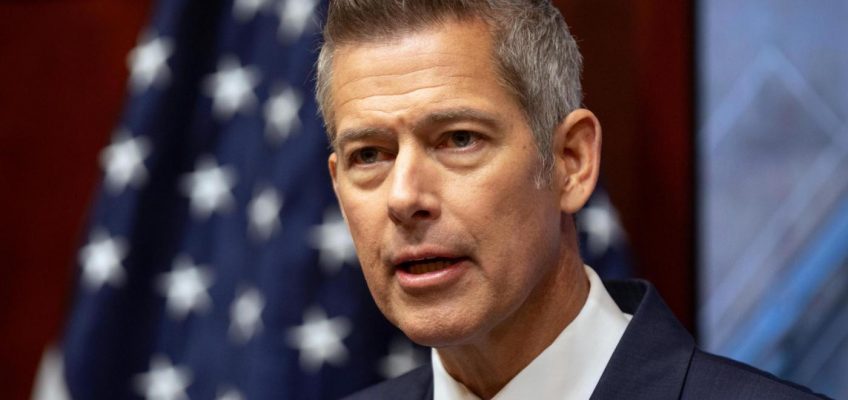ChatGPT and its peers have become the bane of teachers. Students churn out homework assignments with it and, according to one exasperated professor, secretly feed themselves smart comments for class discussions.
Far from helping kids think for themselves, today’s artificial intelligence tools offer an irresistible cognitive shortcut they’ll likely depend on through their adult lives and careers. RIP critical thinking.
So Estonia is pioneering a better way of using ChatGPT to learn — by making it harder and retraining the model to pose more questions than answers. The effort challenges ChatGPT’s core appeal and could get the cold shoulder from OpenAI, but it could also unlock AI’s true potential in education in a way no one else has managed.
Estonia, which has a population of 1.4 million, has long been a technology pioneer. A 1990s effort to digitize all government services turned it into one the most digitally sophisticated countries. This January, it’ll also become the first to give all schools access to ChatGPT Edu, a version of the popular chatbot developed for universities. OpenAI has mostly given it stronger privacy protections, but Estonian scientists also want to modify the model in the coming months to make it a better teacher.
Fine tuning changes an AI model’s behavior. Engineers retrain an existing model on new data — in this case, conversations with students — and give it new instructions to alter how it responds, so it prompts the user to think instead of giving a polished answer. That, however, can make it feel less helpful by ChatGPT’s usual standards.
Generative AI’s value to both businesses and consumers is its output. It’s why Estonia’s high school students got instantly hooked on ChatGPT a couple of years ago. The country’s students bring in Europe’s highest PISA scores (PISA stands for Programme for International Student Assessment and the scores are collated by the OECD), which rank the scholastic performance of 15-year-old students in reading, math and science, and with pressure high to maintain those grades, many turned to AI. “We started noticing with my fellow teachers that the text quality changed,” says Ivo Visak, a former high school principal who is now heading Estonia’s AI-in-schools effort. “Sometimes it turned better but sometimes it turned weird.”
Visak foresaw a rise in academic fraud and decline in critical thinking; Estonia could either race to catch up with the future or try to steer it, he says. Fortunately, the country is used to being an early adopter: As part of its digital leap forward in the 1990s, it gave every school computers with fast internet access and trained teachers to use them.
Now, with its next leap into AI, older teachers are the most enthusiastic users because they lived through that earlier tech transition and know the drill.
Katriin Henrietta Kriisa, a 16-year-old high school student in the city of Tartu, says her biology teacher regularly asks the class to use AI. One recent assignment was to ask ChatGPT to play the role of the 19th century eugenicist Francis Galton, interview the bot and then write an article — “NOT with AI assistance!” the brief emphasized — about the ethics of eugenics. Her school is one of nine in a pilot program using ChatGPT Edu.
Another English teacher told the class to type the prompt “Ask me deeper and deeper questions about the novel. Don’t give me answers — only questions that help me think” into ChatGPT on their laptops. “The whole point was to make us trust using it but to still be as critical as when you search something on the internet,” Kriisa says.
Her principal, Mari Roostik, is trying to steer students away from using ChatGPT for answers only, which is about as easy as telling a kid who’s been eating McDonalds every day for lunch that they should now switch to vegetables. “The fact that it is so helpful and pleasant goes against learning,” says Jaan Aru, a computer science professor at the University of Tartu, who’s leading the research team studying how Estonian schools use ChatGPT Edu and recommending changes to OpenAI. “Learning always requires some friction. You learn only when it’s a bit hard.”
Aru and his colleagues are analyzing anonymized transcripts of how Estonian students are using the chatbot to see how often it gives them answers versus prodding them with questions like “What would be your first step in solving this problem?” Large language models are uncannily good at sympathizing, but Aru also wants to see the AI encourage students to keep going, especially when tasks become complex. Some of those changes are taking effect for the Estonian version of ChatGPT Edu, but slowly. Over the coming months, he hopes the transcripts show less instances of “I don’t know” and “just give me the answer” from the students and more evidence that they are thinking through a problem.
The biggest challenge is that OpenAI doesn’t have to apply any of Estonia’s feedback to the worldwide version of ChatGPT Edu, especially around adding friction to make it a better teacher. Make the AI too tough a taskmaster and students may switch to another AI model, even if the more challenging chatbot produces better learning outcomes. And retraining ChatGPT Edu would probably cost millions of dollars; OpenAI is already burning through cash.
If Aru and his team can push for necessary changes in ChatGPT, they could end up doing the rest of the world a favor. But changing habits won’t be easy, even at home. In a recent biology test, Kriisa says her classmates were complaining that the bot kept giving them questions.
“I somehow got lucky,” she says, laughing. “It just gave me answers.”
Parmy Olson is a Bloomberg Opinion columnist covering technology. A former reporter for the Wall Street Journal and Forbes, she is author of “Supremacy: AI, ChatGPT and the Race That Will Change the World.”




